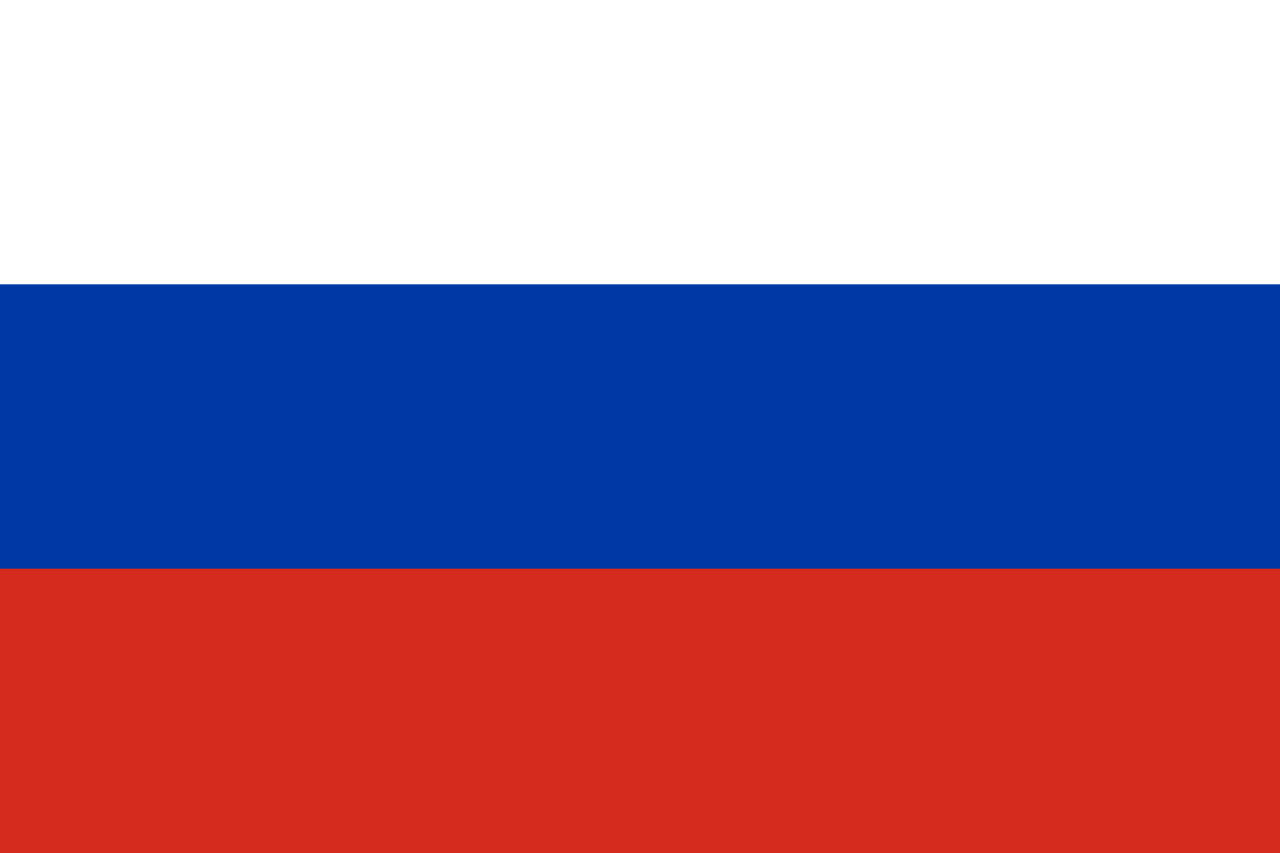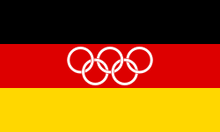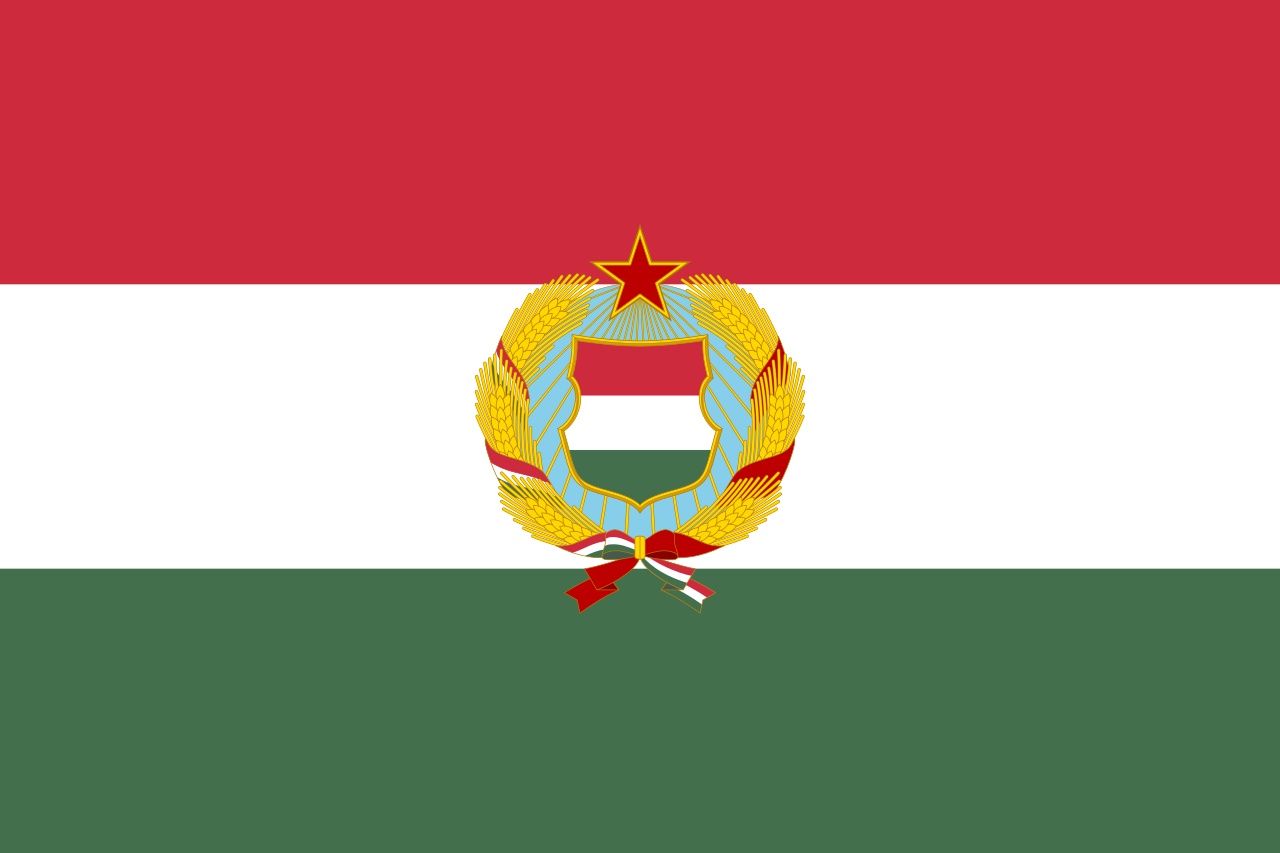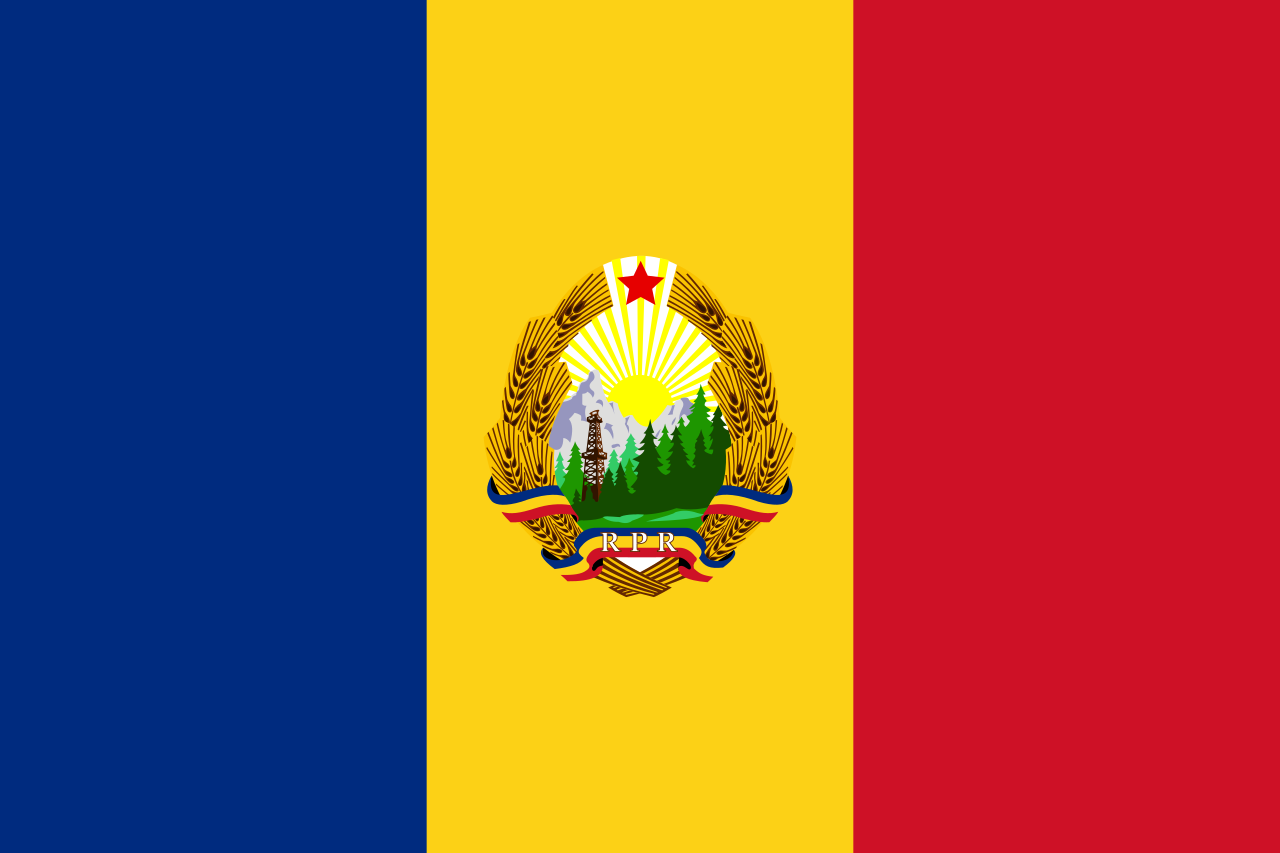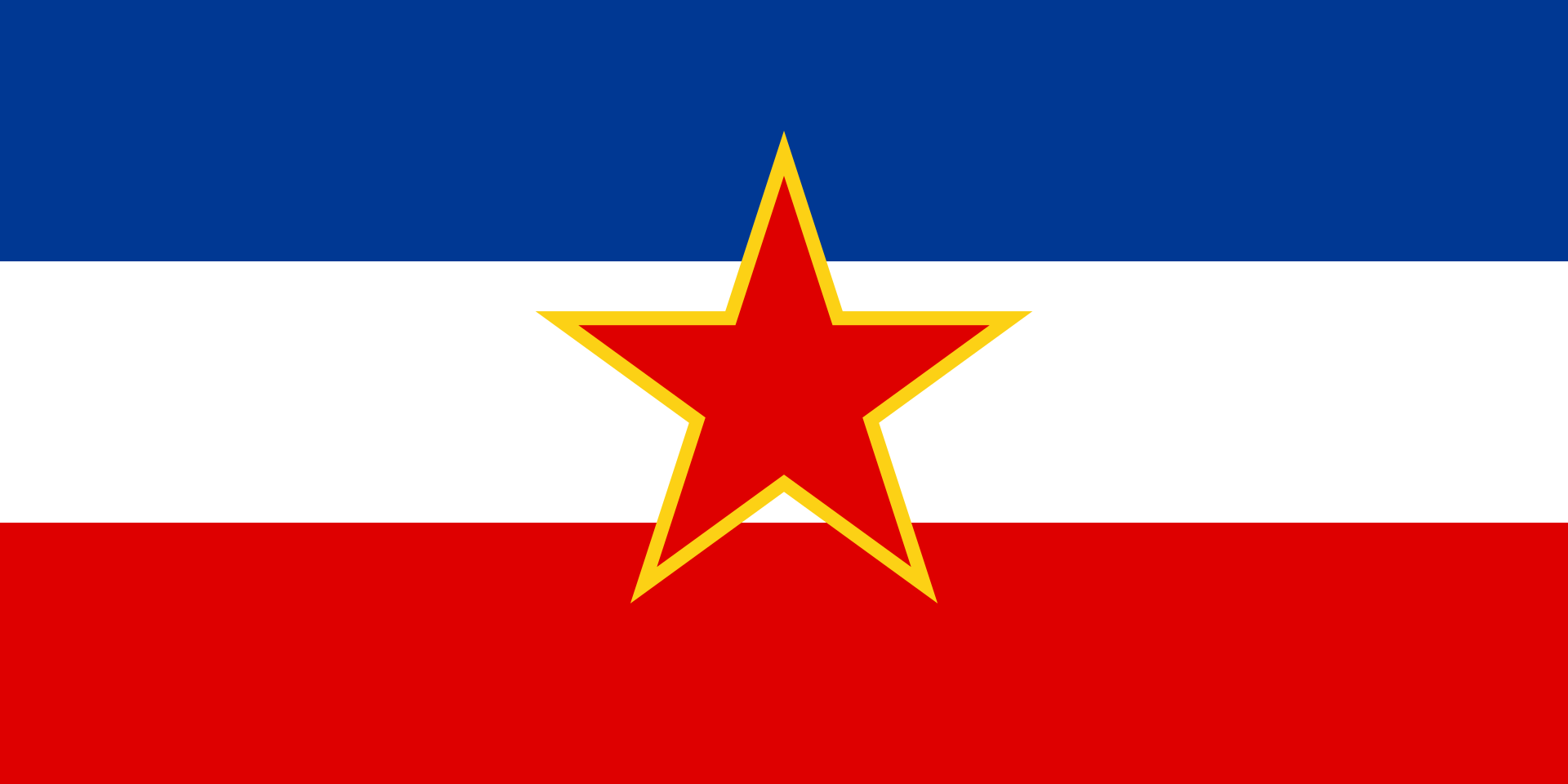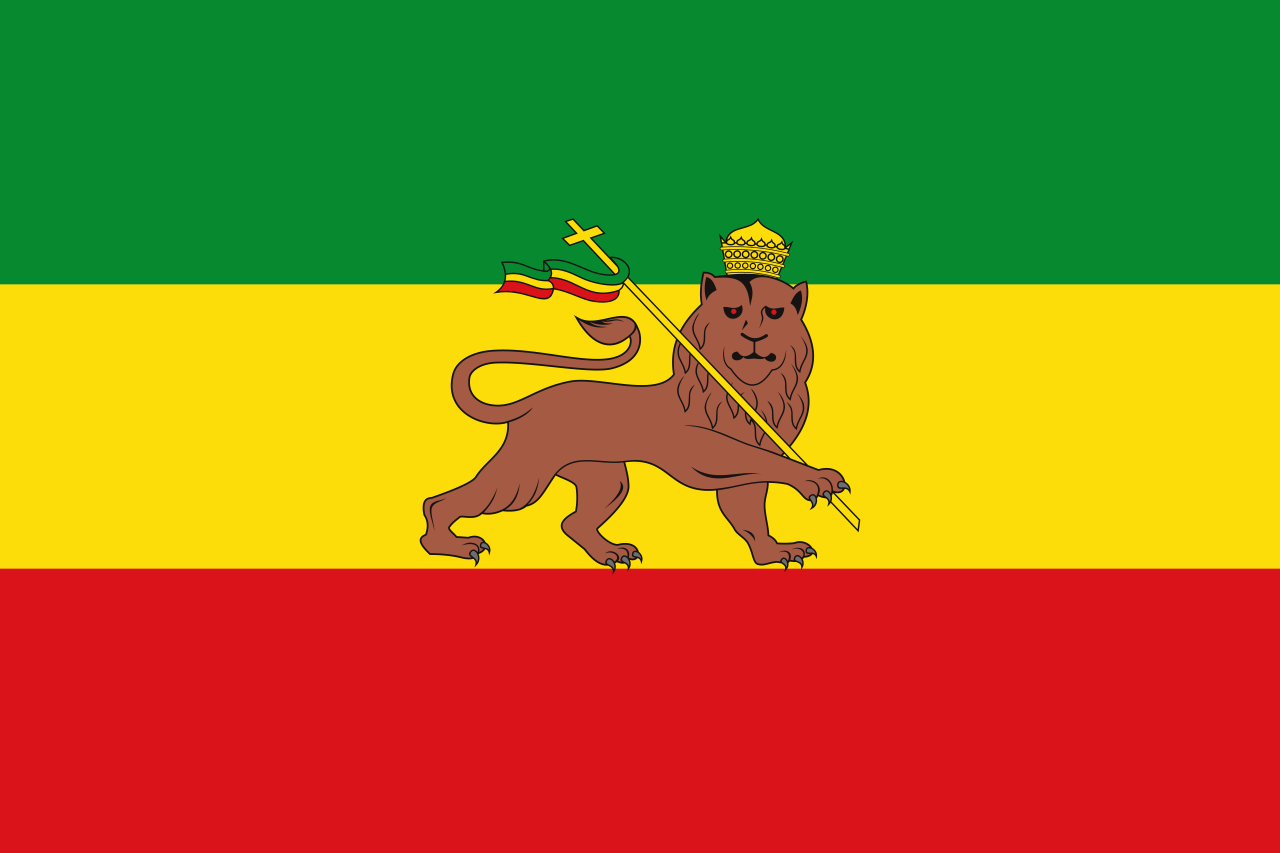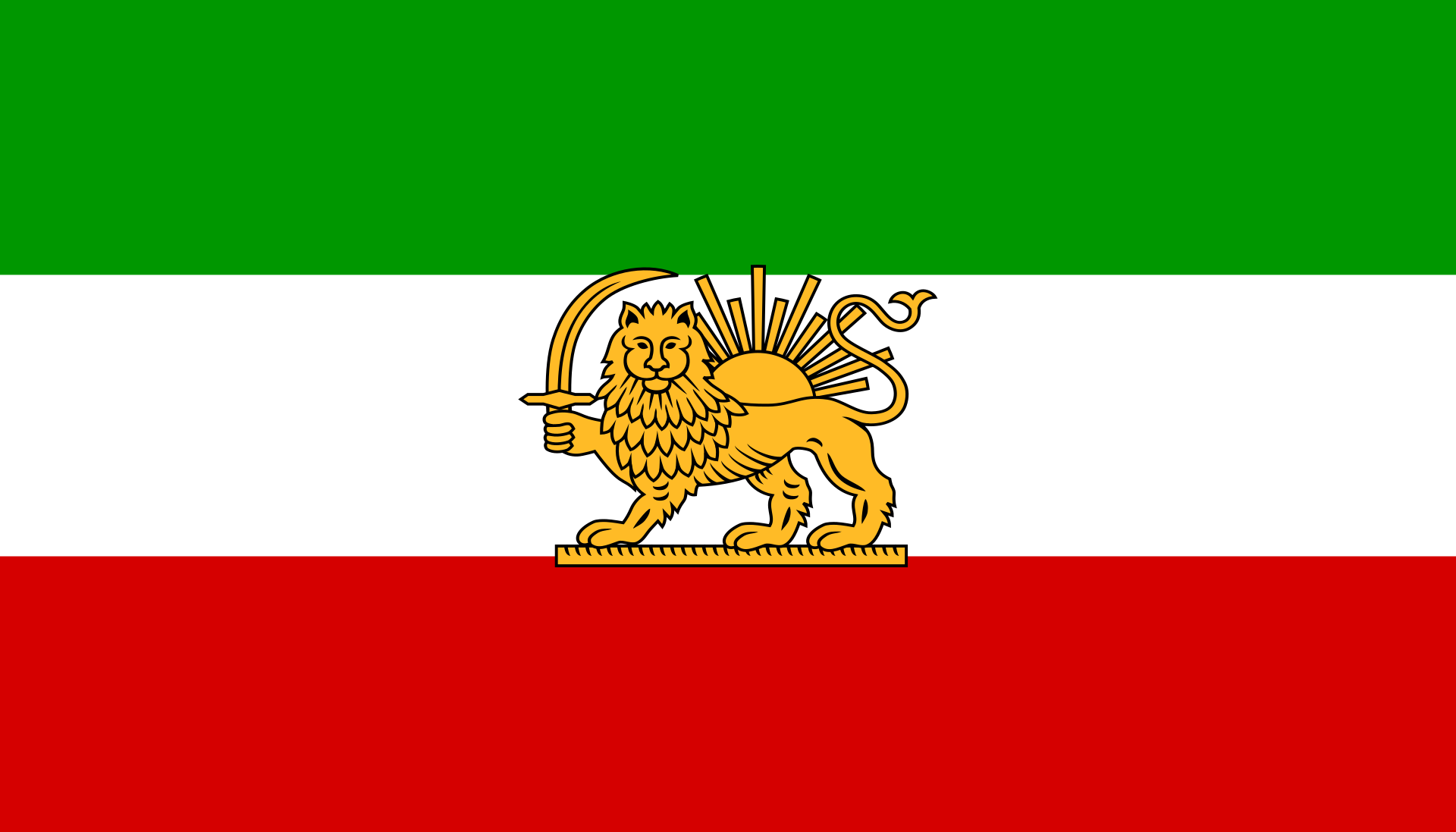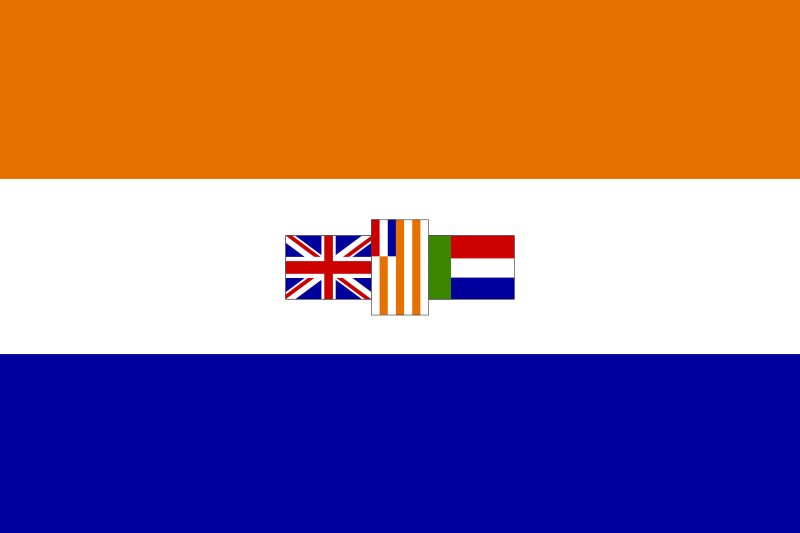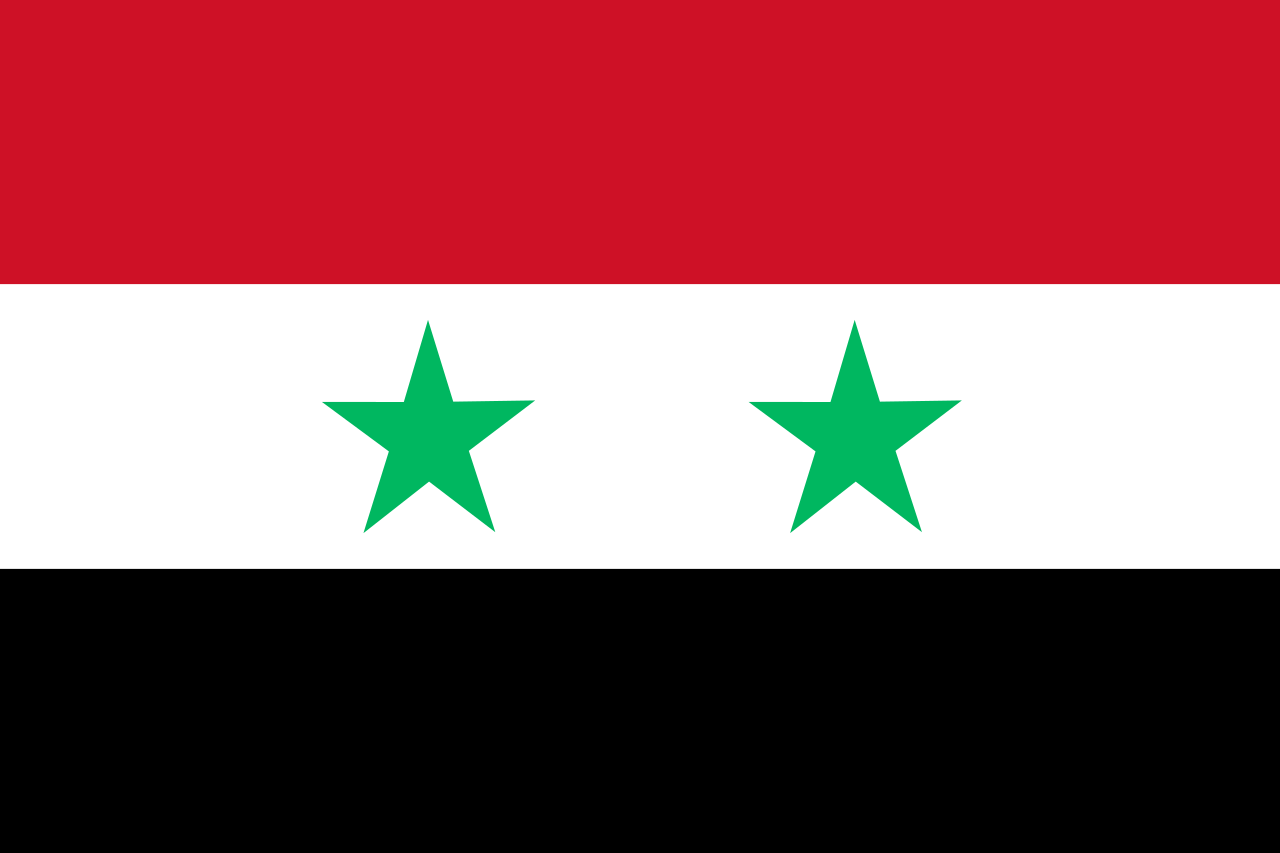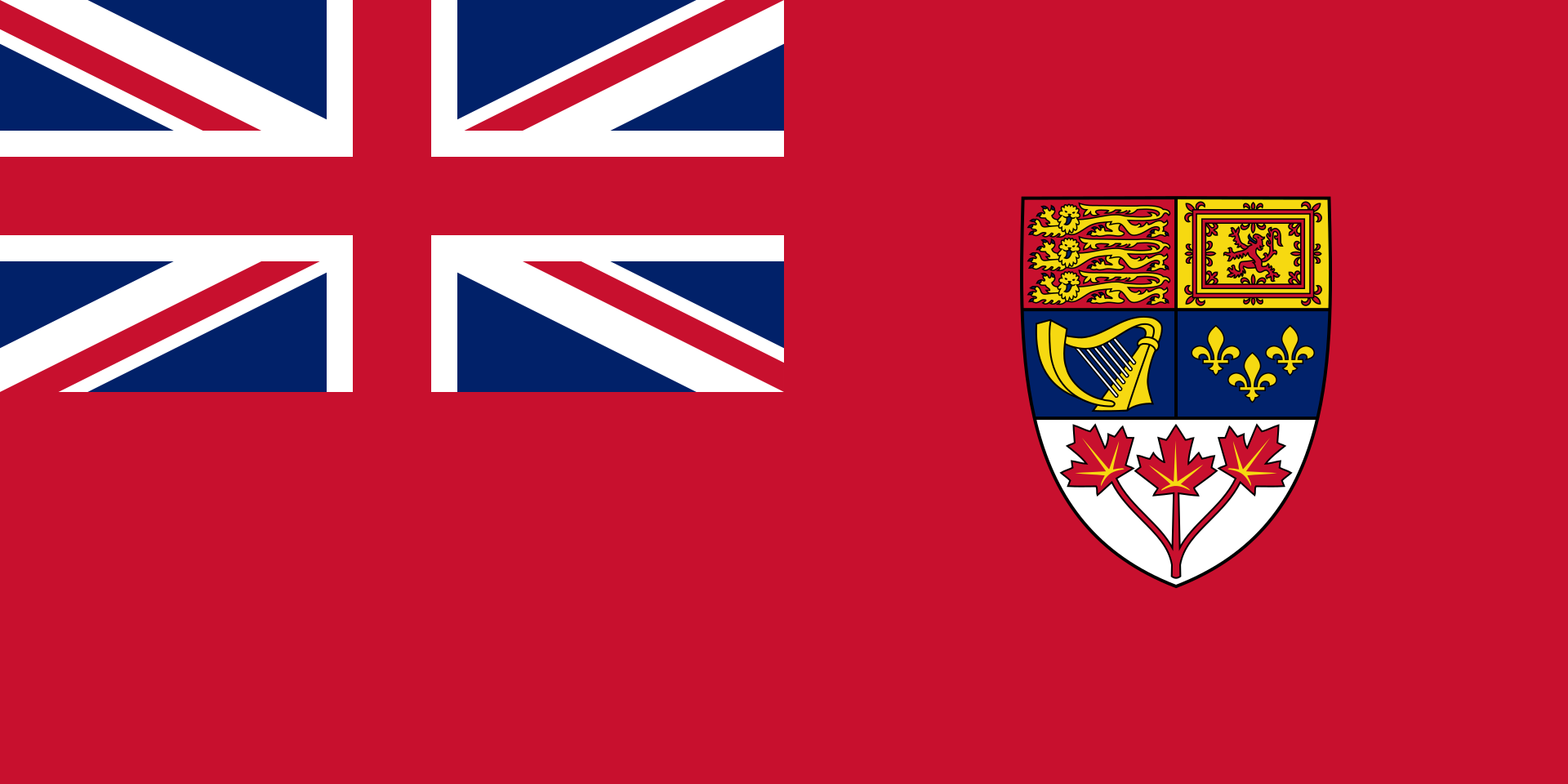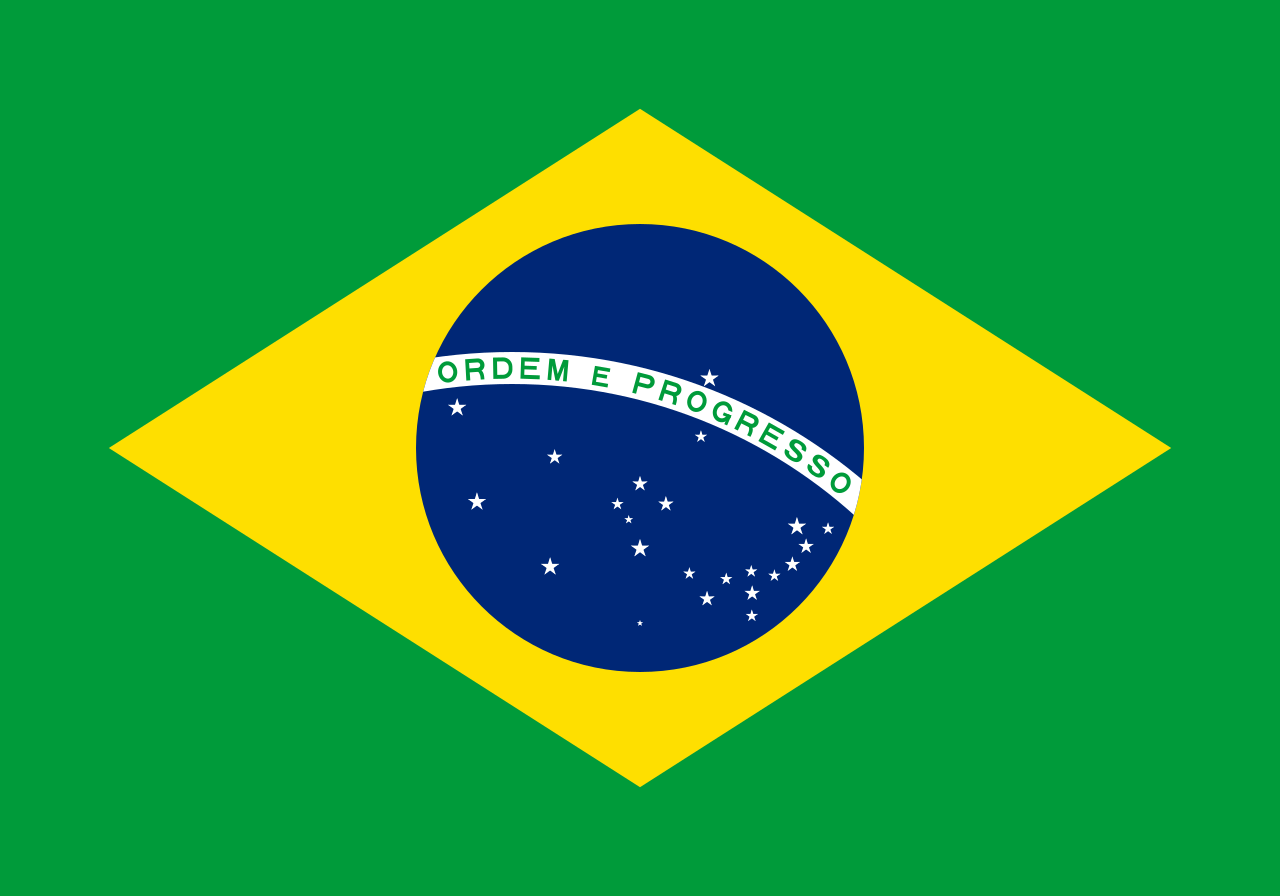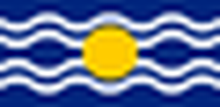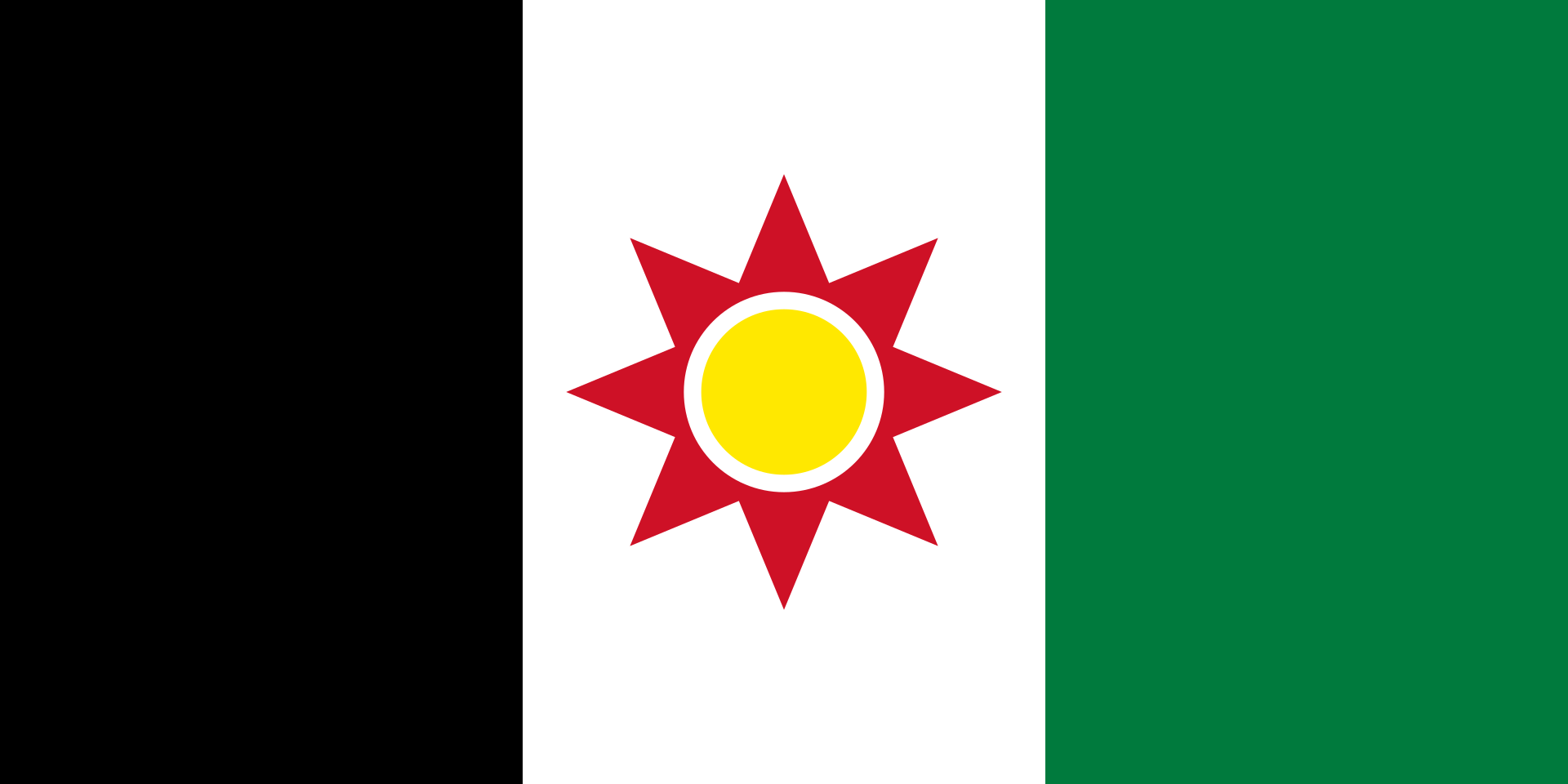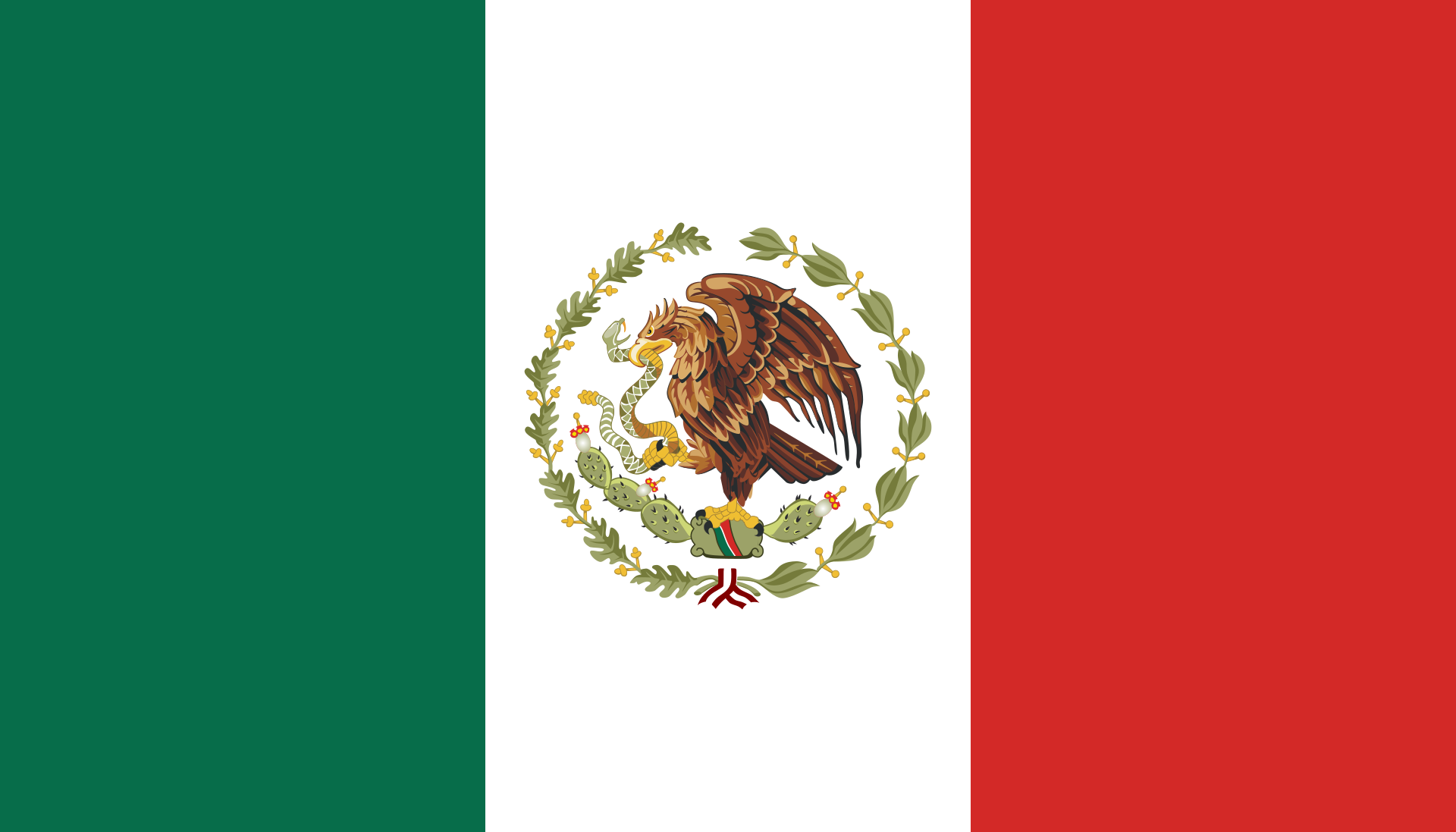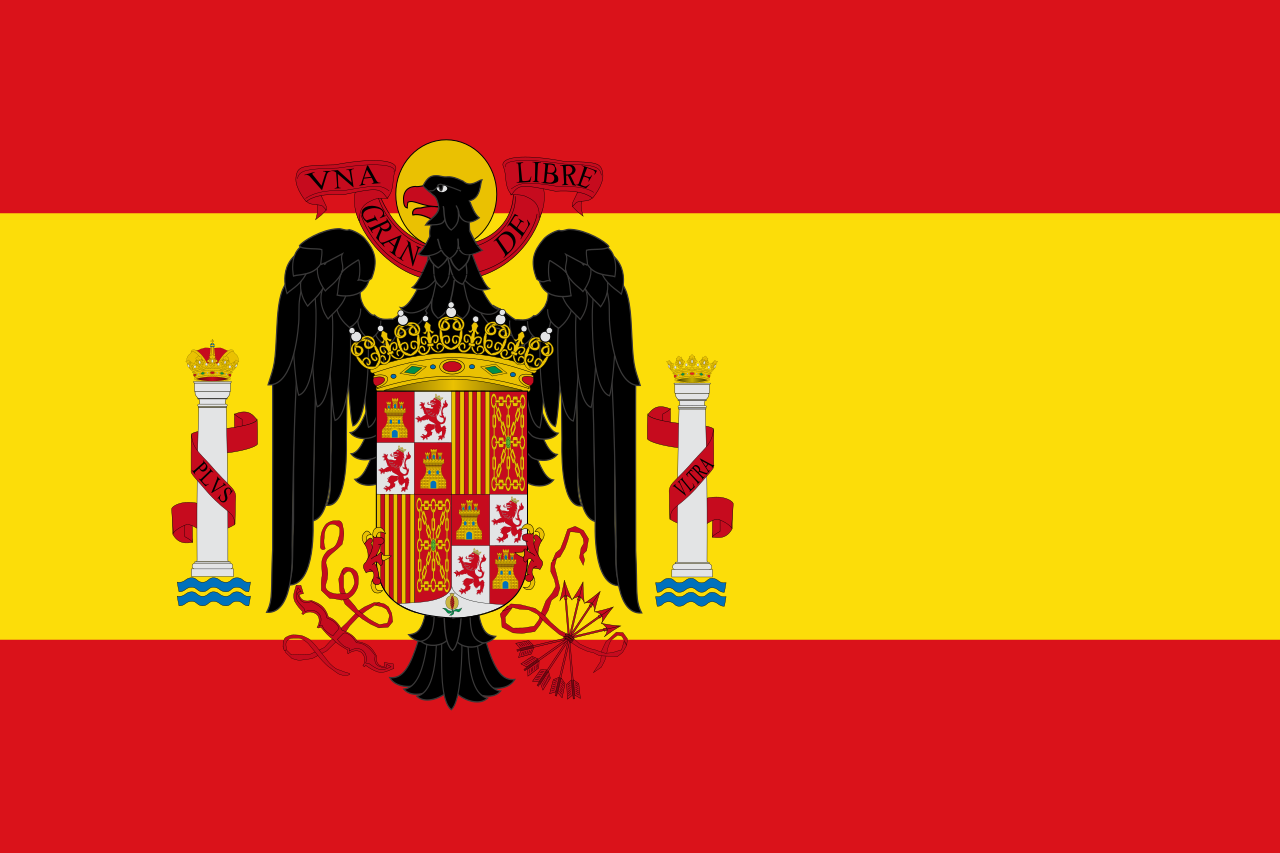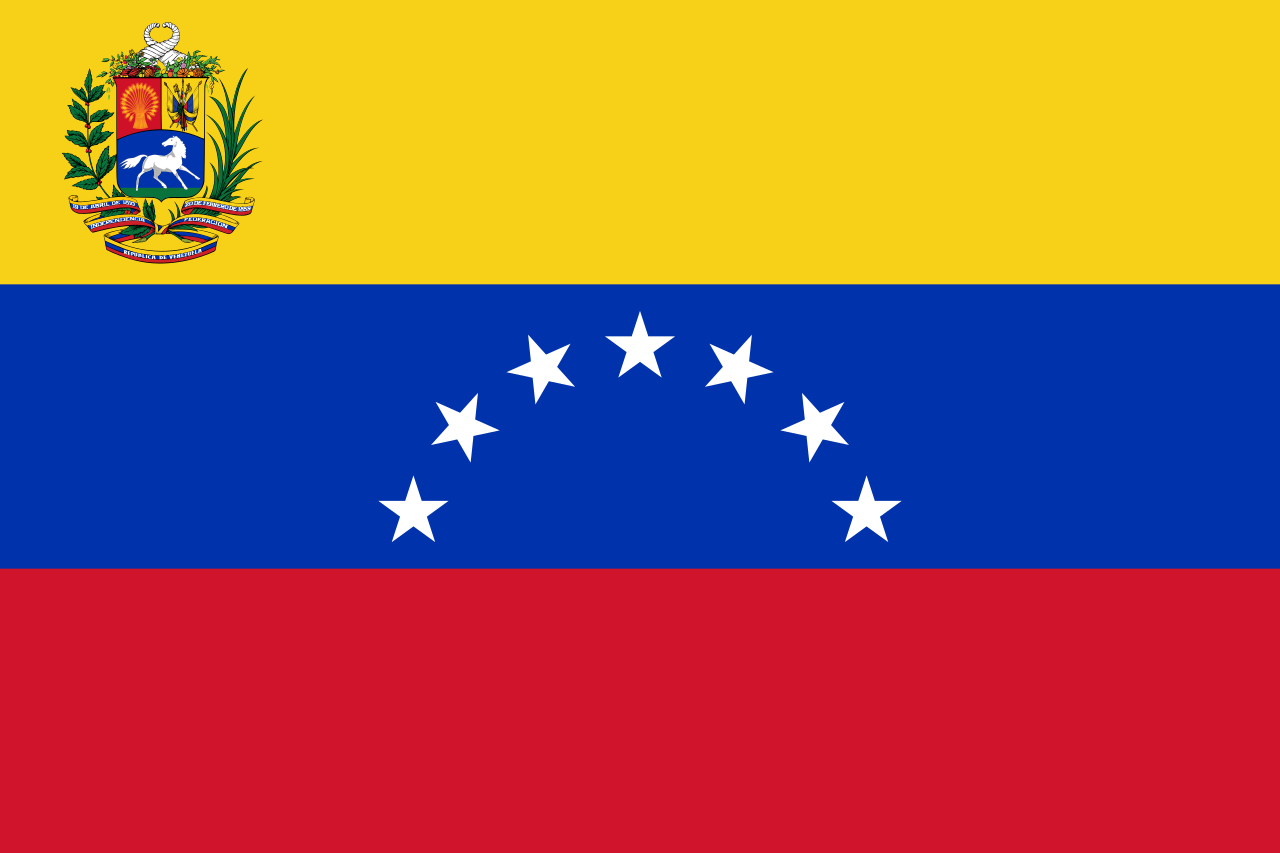
17. Olympic Summer Games
Olympic Medals in the games of 1960 in Rom
461 Medals in 19 Sports in 150 Events
The Summer Olympics had already reached a dimension that only large cities were able to carry them out. Rome had previously hosted the games or had unsuccessfully applied. After the first games in 1896 and the interludes in Athens in 1906, Rome was the second Olympic host city in which the modern era met the ancient world. The Roman Forum and the Colosseum are the most impressive Roman monuments of antiquity. Even the modern Olympic stadium had been furnished with antique elements.
The opening ceremony took place on August 25th and the closing ceremony on September 11th. Of course, the Roman Catholic Church in Rome had a corresponding influence and enforces that no sporting event should be held on the first two Sundays; the third prize in equestrian sports with a subsequent closing ceremony was planned for the third Sunday. Chance showed that an additional hockey decision tournament was necessary on the second Sunday. The day before the opening, Pope John XXIII. a service with 100,000 believers in St. Peter's Square. Among them were athletes of all nations, except for the Soviet Union. The Pope blessed the games.
The organizing committee had already gained experience at the Cortina d'Ampezzo winter games 4 years earlier. Flags of the participating countries hung across the streets of Rome. The mood of the Romans was good. The Olympic torch was lit 13 days before the Olympics started and brought to Rome in combination with the 1860 km run and boat trip.
The all-German team again consisted of athletes from the FRG and GDR. Both had officially separated flags since 1959, so they agreed on a compromise and competed under a German flag with the Olympic rings in white color. China and North Korea did not take part for political reasons. South Africa had introduced Aparatheid and only brought white athletes to Rome. As a result, South Africa was excluded from the games from 1964 to 1988 and only became part of the Olympic movement again after the end of apartheid in 1992.
Abebe Bikila was the first black African to win an Olympic gold medal. The Ethiopian, a bodyguard of his emperor, ran the marathon barefoot in a new world record. In Melbourne, the United States had just won the medal table before the Soviet Union. It was quite different in Rome: the USSR won 32 more medals, and the Americans also lost 9 by the Golden. Sport has become increasingly important in the GDR in recent years, and the proportion of success in the German team as a whole has increased significantly compared to the 1956 games. For the last time, more West than East German athletes were able to qualify for the all-German team. The cold war between the Eastern and Western powers had picked up speed on a sporting level.
